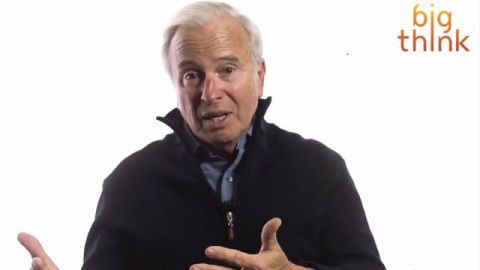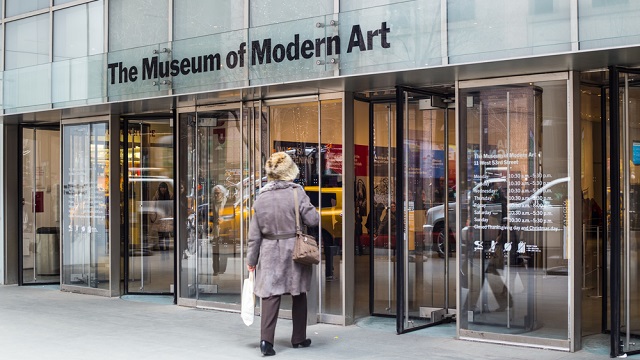“The Netflix Age” Liberates Writers

Do you remember what it was like to use a rotary phone? Or flipping through less than a dozen available television channels? That AOL CD-ROM? The list of extinct, or nearly extinct tech-related idiosyncrasies can go on and on. Let’s hope that commercial interruptions are soon added to the list.
Ken Auletta, the media decoder for The New Yorker, in a five-part series, provides insights into the future of television. In the “Age of Netflix,” the viewer has become spoiled, and rightfully so. (The moment someone decided it was a good idea to make commercials louder than the actual program, it was time for their swan song.) Now we’re used to watching what we want to watch when we want to watch it, and we’ve become accustomed to enjoying our shows all the way through. No commercial breaks. This isn’t just a welcomed change for us, it’s also a very wonderful thing for television writers, it turns out.
“What writer wouldn’t like to write a longer series, a series where he or she doesn’t have to constantly recap and build up for the commercial break and then build down and then build up for another commercial break?” muses Auletta. “[Now they] can write as if they’re writing chapters of a book that people could read consecutively.” Or rather, voraciously, as “binge watch” has entered the lexicon of the “Netflix Age.” Writers who are free of the story structure imposed by commercial breaks can take more time with their characters, giving us deeper, more complex worlds and relationships on screen. This is a great thing for art, and a terrible thing for our gym resolutions.
If television producers—the Internet and traditional ones alike—are to compete today, they must give their writers the freedom to create the stories that audiences now crave. Indisputably, we are in a renaissance of television, which began, one could argue, with the “Sopranos” then onto “Made Men” then “Breaking Bad” and “Game of Thrones.” There are of course many others to mention. What do their intricate story-lines and rich characters remind you of? “’So I can build characters,’ the writer says,” points out Auletta, citing the luxury that writing for commercial-free Netflix and HBO gives their writers. “‘I can actually create the complexity that you see in a novel that you often don’t see in an hour drama.’”
What is a bombastic TV commercial to do?
For more on Auletta’s insights on the future of television, including how the networks are competing in the “Netflix Age,” watch a clip from Big Think’s interview:





